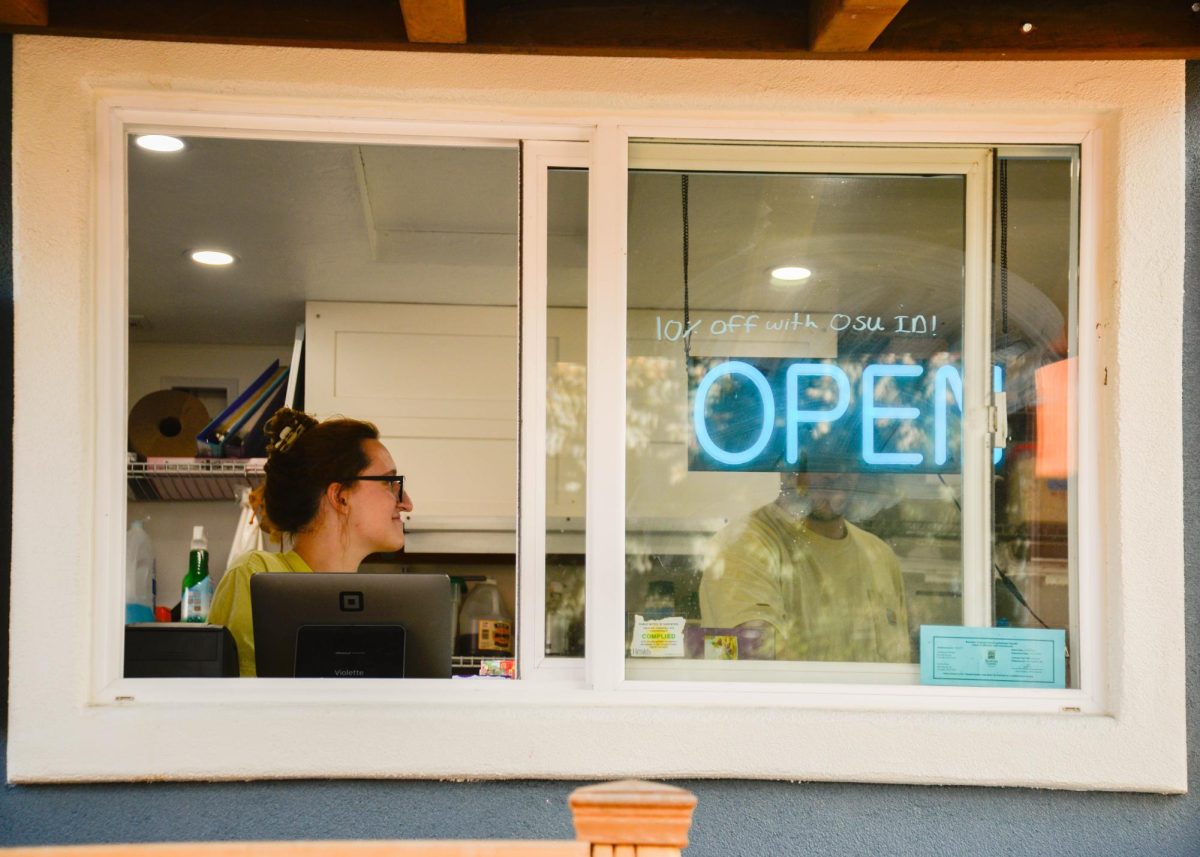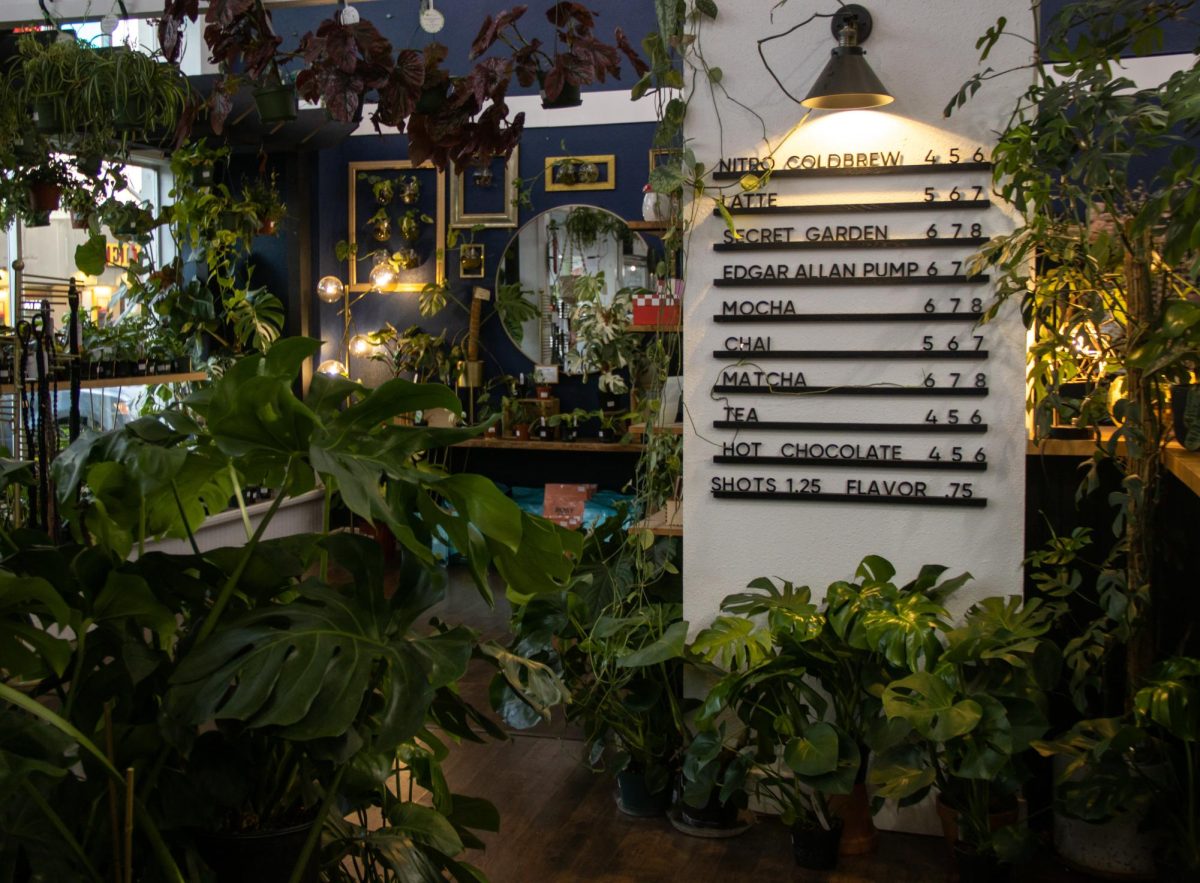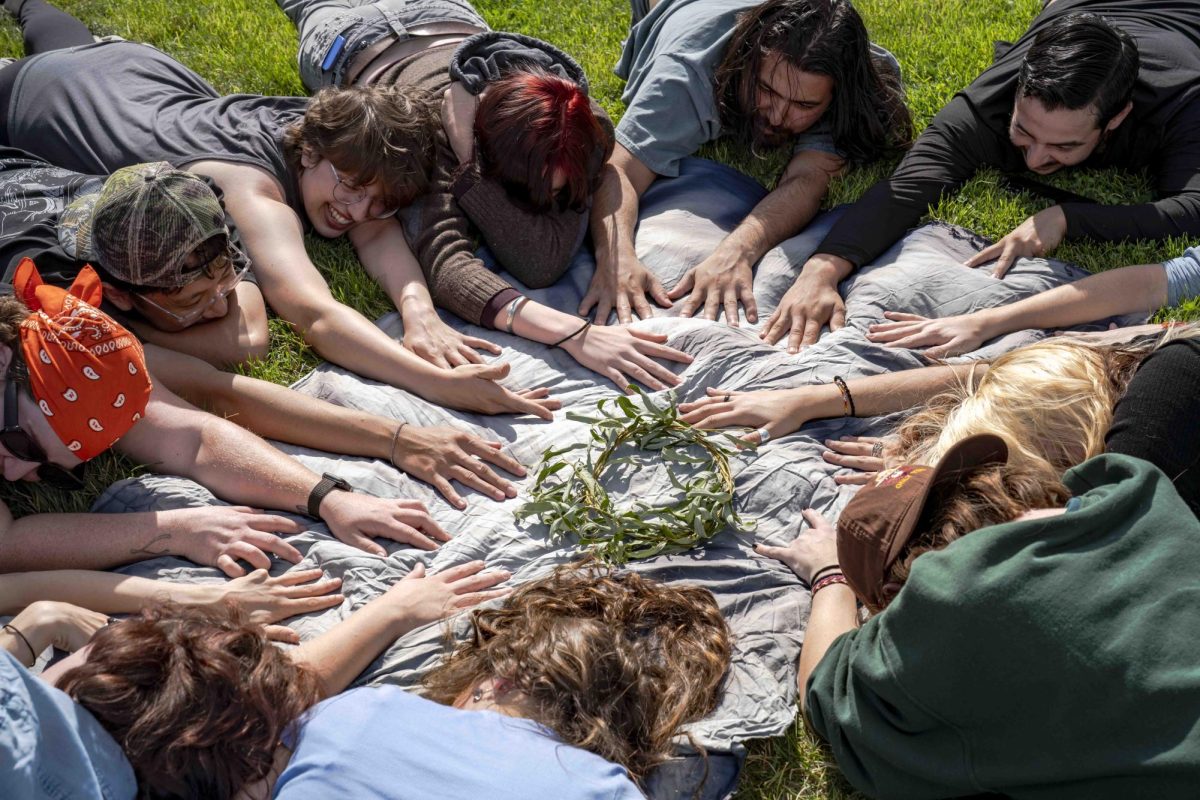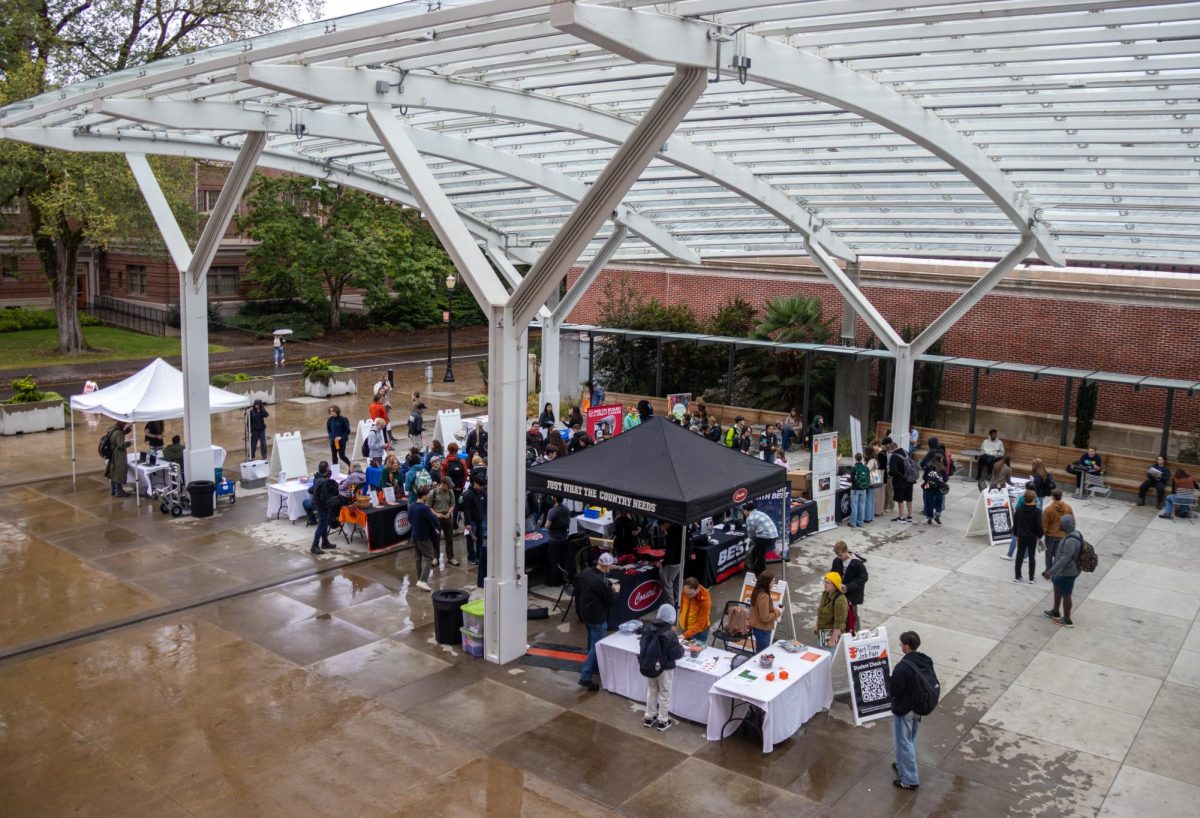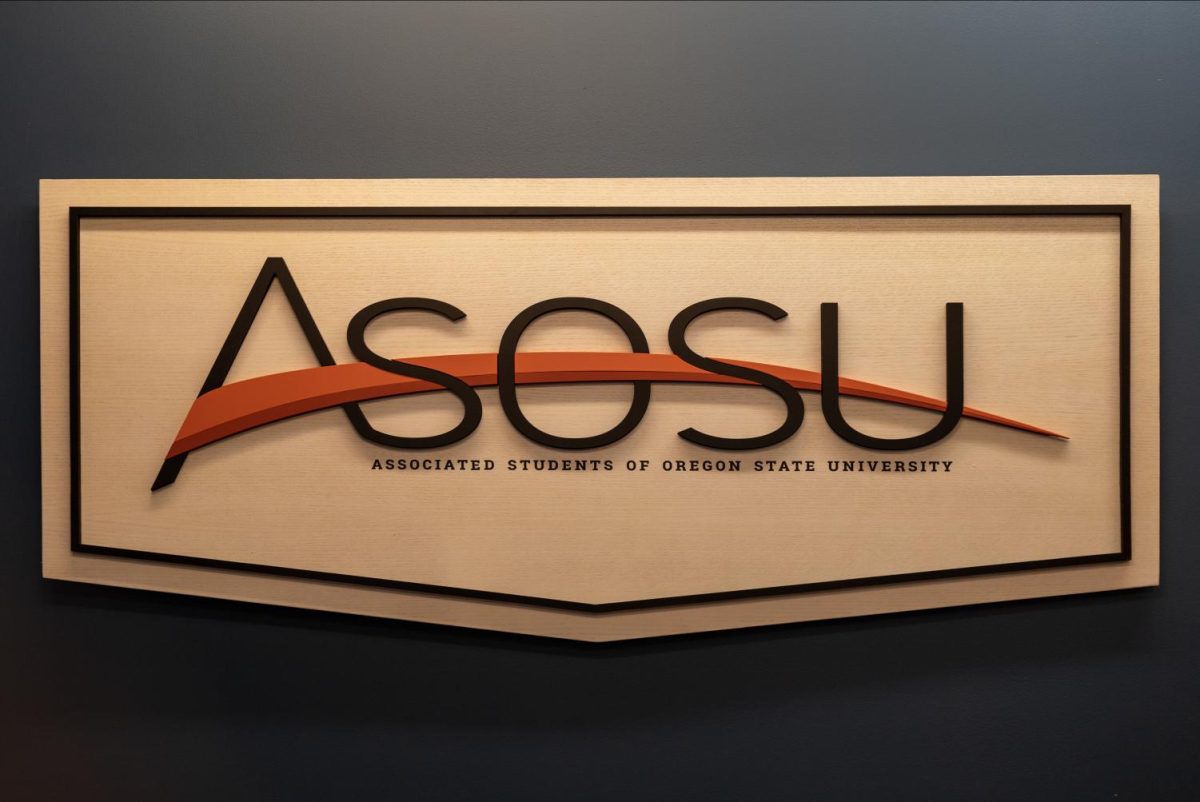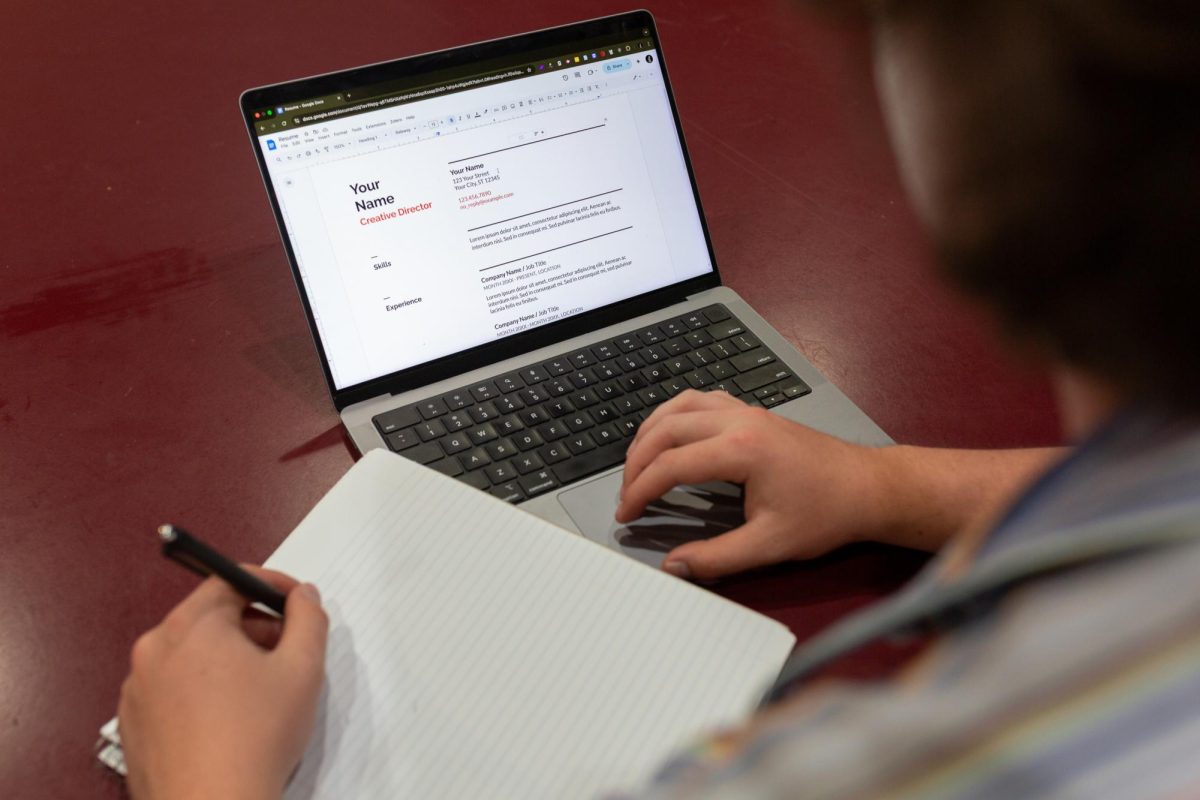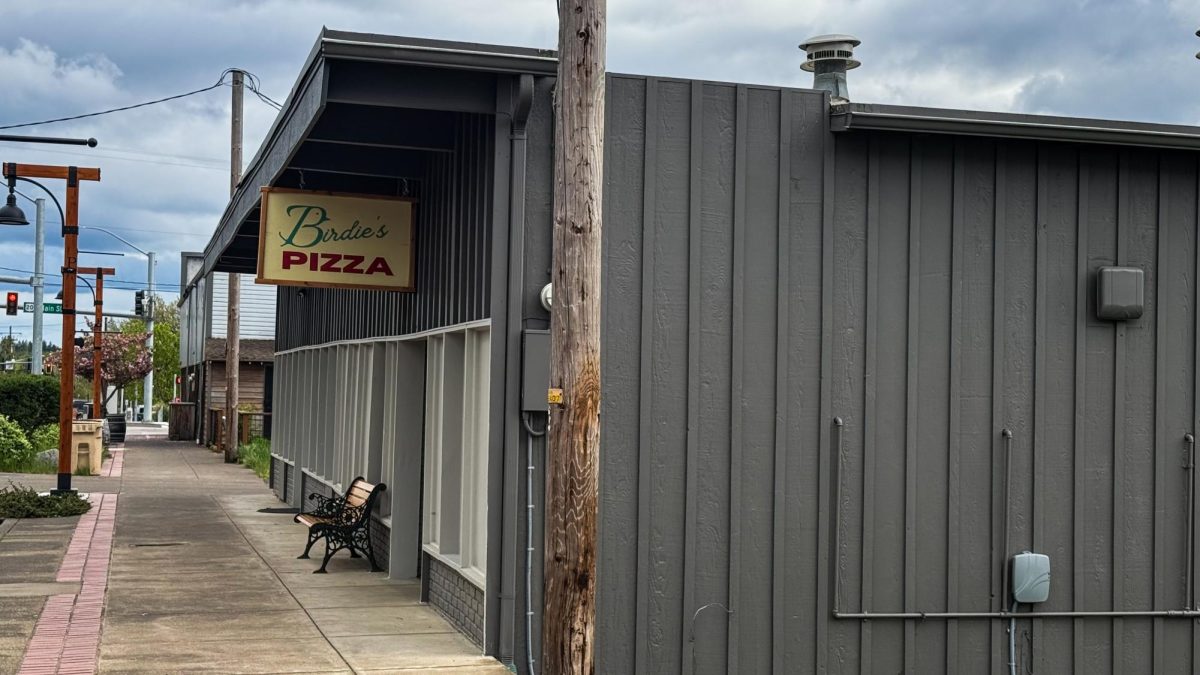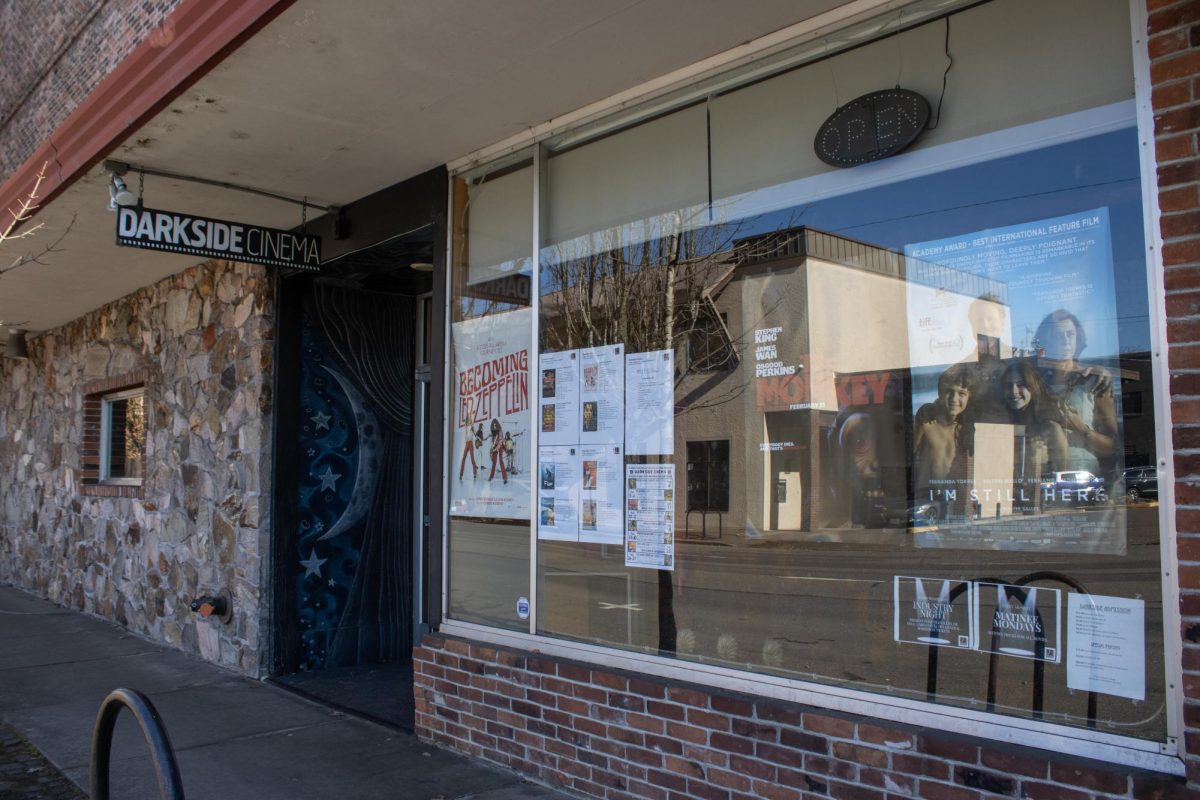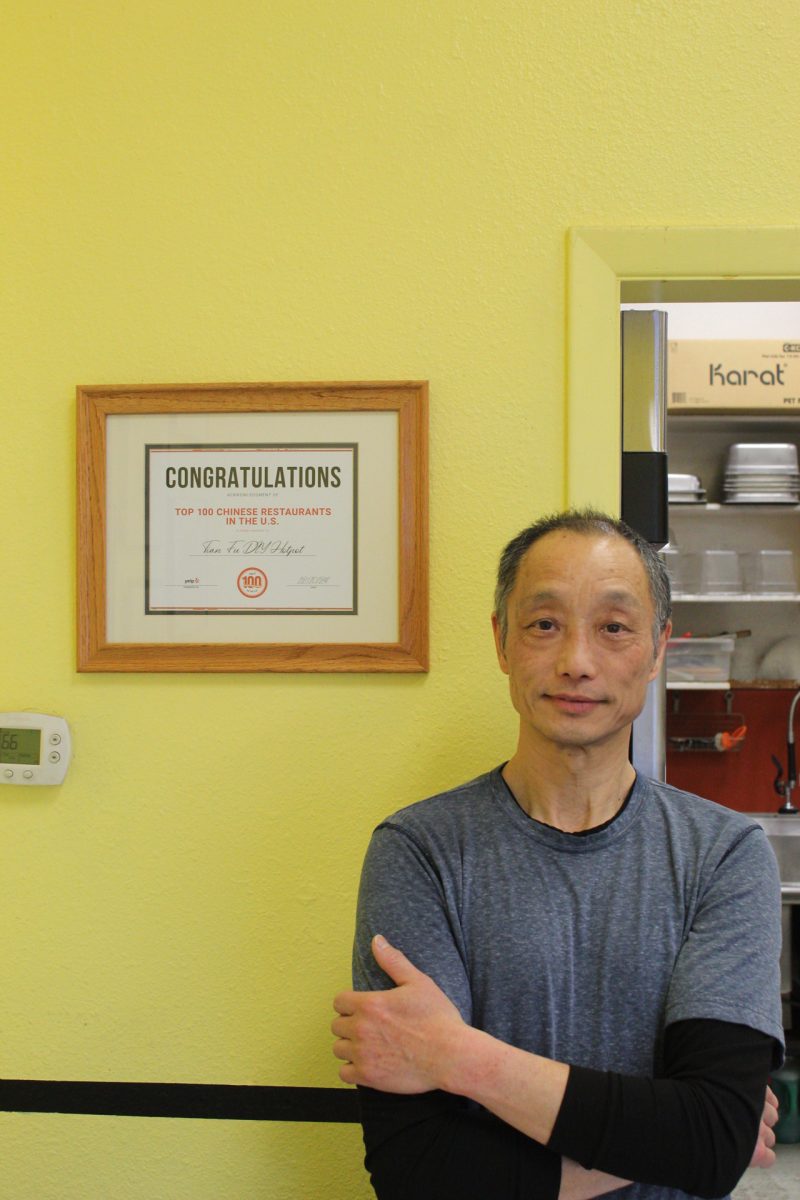Start your own business, they said. It’ll be fun, they said. Who wants to work for someone else when you can own your own business and work for yourself?
The problem is, every single step of the way to starting a business is full of learning experiences, roadblocks, and spending money.
In April, I started a business with my partner, Chris Bigej. Since then, our food truck, Violette, has served thousands of crepes and drinks, and we’ve provided the community with from-scratch, gourmet food with gluten-free and vegan options.
We vended at events, had our truck open full-time in Lebanon and did pop-ups on Tuesdays at Common Fields in Corvallis. We offer discounts to Oregon State University students and faculty, and we go through so so many cartons of eggs and milk. It’s been a lot, it’s been a blur, and I’m glad we’re going to take a break for the winter.
I grew up with a dad who ran his own construction company, so I was programmed from day one to be a future entrepreneur. Even when I was little, I would make little crafts like candles and small art pieces and harass family and friends until they bought something.
Fast forward 20 years and I was in my junior year of college, not working for myself even a little bit, working jobs I really didn’t care about so I could pay rent and tuition. That experience might not be that unique in the scheme of things but, at the same time, my mom was terminally ill with a mystery cancer and it was not getting better.
When she did pass away, she left me a chunk of money from her life insurance that was enough to either pay my way through the rest of school, or invest in something substantial. I chose the latter, and Bigej and I started looking for a food truck to start our very own business.
Violetta Gersymenko, an associate professor at OSU’s College of Business, said the right type of business for a college student may vary, but “low-tech” industries often work out best, such as food, clothes, or sports.
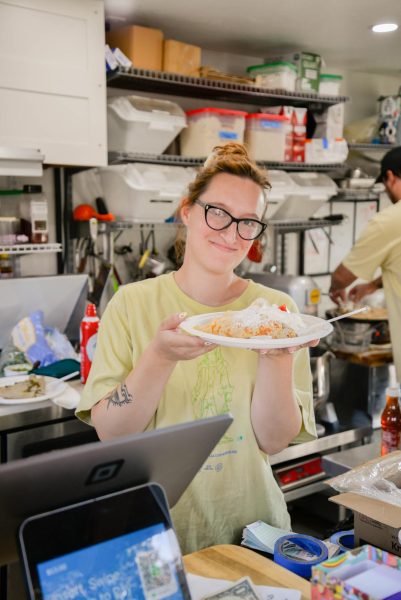
“We always encourage students to find the right fit between their motivation, competencies, and the business they want to start,” Gersymenko said. “Having the right set of skills to create and launch the product or service off the ground is critical.”
Suddenly, I wasn’t just a “business owner,” I was a social-media-manager-website builder-graphic-designer-human resources-manager-marketer on top of a full time courseload and a regular job.
Fortunately I did have a lot of these skills from prior job experience, classes, or hobbies, but it was a lot on my plate all at once. Thankfully, Bigej had over a decade of experience in food. Actually, while I had always been interested in opening a cafe or food truck, the specific concept of a crepe truck was his.
We went hard in the first few months; I signed us up for every event I could, and it might have been a tiny bit too much. We were doing the Strawberry Festival, farmers markets, private events, concerts, and it was a lot to balance. Not to mention the pressure of wanting the business to be as successful as possible; after all, it was essentially my mom’s legacy since I used the money she left me.
In hindsight, it would have been so much easier and put so much less strain on my grades and relationship if I would have chosen to wait until I’d graduated before starting the business full-force.
According to Gersymenko, college can be a prime time to experiment with business because most students don’t have major financial responsibilities like a house or a family to support, and they have great access to resources through school.
Gersymenko said some of those resources include getting a minor in Entrepreneurship and Innovation or, for COB students, an option in the same.
COB also has their Makerspace and InnovationX program that provide mentorship and can even help raise seed funding; there’s even help for students hoping to work with startups and well-established businesses.
“At the College of Business, we view the entrepreneurship field more broadly than just starting a business,” Gersymenko said. “In fact, we see entrepreneurship as a way to make a positive impact by solving important people’s and society’s problems that can be achieved by starting and running a business or starting and leading an innovative project within an established organization.”
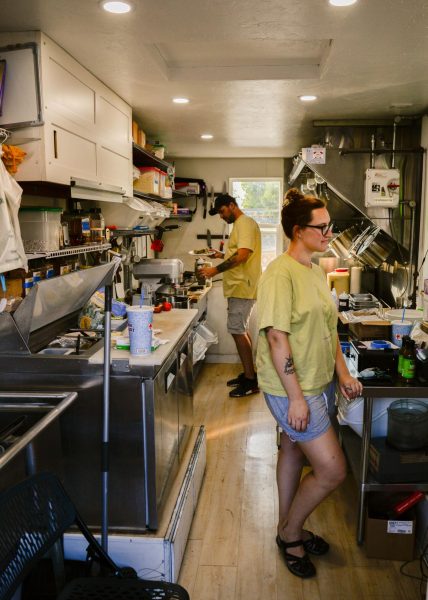
Gersymenko said one potential downside is the business becoming too successful, requiring the student to dedicate more time to the business than they can.
I know I didn’t intend to pour nearly as much time and energy into the business as I have.
I suddenly found myself running back and forth between work, school, the business, and labor-heavy vending events with little to no time for self-care or rest. My grades definitely slipped, and sometimes so did my mental and physical health.
But I still believe the experience will ultimately give me a leg up as I move forward in my career post-graduation.
Gersymenko said starting a business during college is a great way for students to “hone” their business skills, particularly in leadership and entrepreneurship.
“It is one of the best ways for students to excel in their business careers after graduation,” Gersymenko said. “…It is a way to differentiate yourself in the job market as everyone knows that starting and running a business is not easy, and so students who do it while in college would typically get higher-end jobs and higher pay upon graduation than others.”
According to Gersymenko, one such student started a business while attending OSU and got a first post-grad job at Uber. Another entrepreneurial student got his first job in management at Amazon.
“In these and other cases, the students admittedly received a higher salary than other peers without such an entrepreneurial experience,” Gersymenko said. “So starting and running a business while still at OSU is a way to learn and demonstrate superior business skills, including for those students who do not aspire to start a business or at least not right upon graduation.”
An article by Jake Croman on Entrepreneur.com, a website business, finance, and entrepreneurship, lined out similar important things to keep in mind when starting a business in college, like utilizing school resources, choosing the right courses, and connecting with other entrepreneurial students.
“A full schedule can make you feel like a ticking time bomb,” Croman wrote. “But, combining school and work can help balance the day. If you’re passionate about an idea, take the risk and develop it. Attending college provides opportunity, crucial learning experience and time to fail.”
There are definitely steps I could have taken to make the process easier. I wish I would have sought more help from COB and OSU in general, but my partner and I just kind of flung ourselves into the business without a completely outlined plan.
Gersymenko said COB teaches the “lean startup method” to students wanting to start a business.
This method, made popular by Stanford University Instructor Steve Blank, teaches aspiring business owners to minimize their startup costs and time, as well as helping to come up with a service or product that customers need and want in their lives.
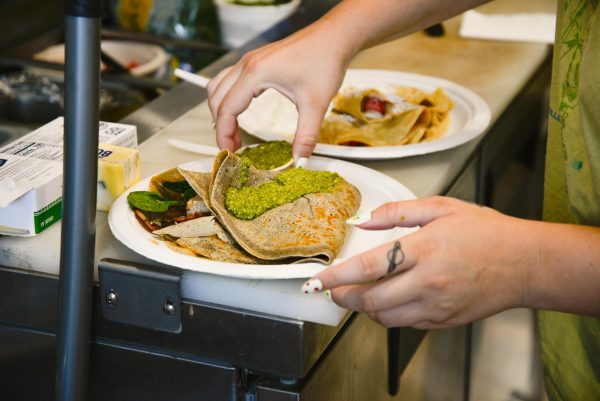
One of the lean method steps includes gathering feedback from potential customers, which helps narrow down successful products.
“Running a business requires lots of resourcefulness, motivation, and typically a small team,” Gersymenko said. “Both research and anecdotal evidence suggest that even a small team of two or three co-founders tends to be more successful than solo founders.”
While my partner and I had a lot of great ideas together, and he does an incredible amount of the physical work cooking and maintaining the truck, I was ultimately the one doing the paperwork, designs, marketing, etc. It certainly would have helped to have more input from a business partner on the business side of things and that is a resource I could (and should) have looked for from COB.
Despite the struggles and frustrations, though, we had a lot of successes. If I could go back and give my January-self a little advice, I would’ve said to stick to events, wait to buy a truck, and build the brand first. Even now, almost six months in, I worry we won’t be able to sustain the business long-term. But in the end, it will always have been a learning experience.
After our break from the business over the winter, I hope we’ll be back and even better next year with all of the knowledge, experience and equipment we have ready to go.
Gersymenko quoted Roosevelt: “Never trying is even worse than failing because by trying, you give yourself a fair chance to succeed. If you fail, it is a chance to learn and become better.”

